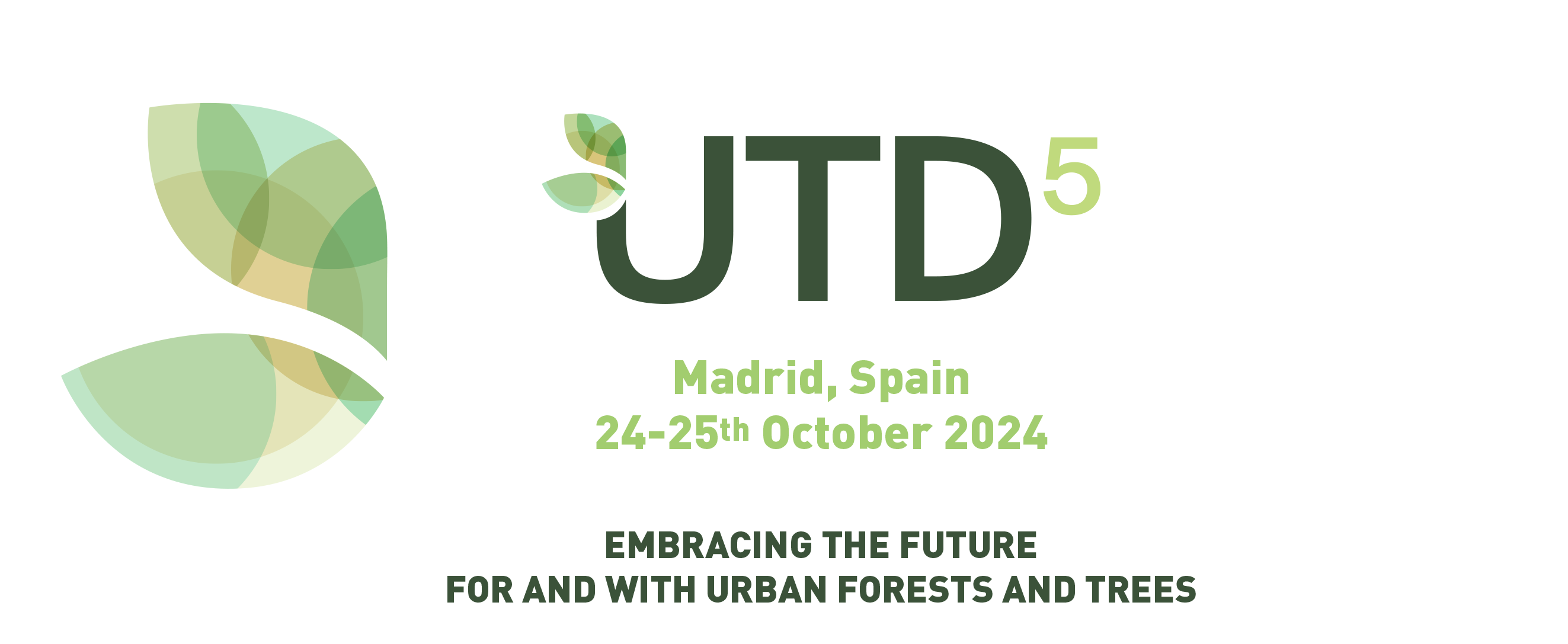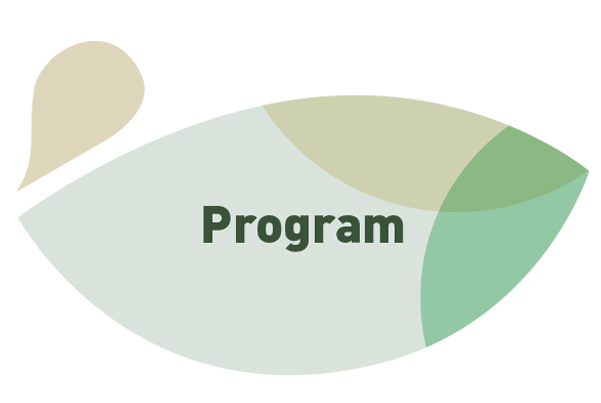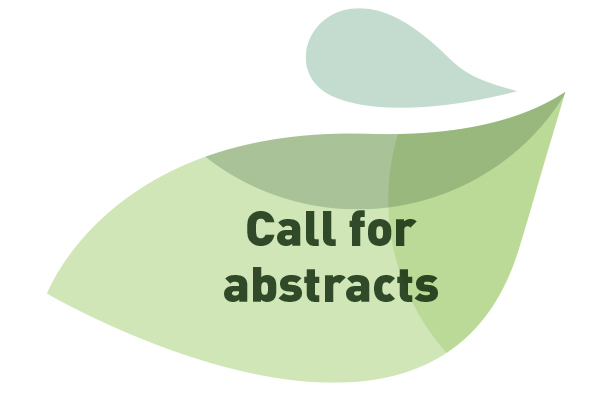
As our cities face the pressing challenges of climate change, extreme weather events, increasing population growth and densification, the role of urban forestry becomes increasingly vital. The 5th Urban Tree Diversity Conference (UTD5), aims to help craft a vision for the future of urban forests by sharing innovations from a spectrum of scientific disciplines that seek to secure the health and resilience of our urban trees.
UTD5, building on the legacy from conferences in Alnarp/Malmo (Sweden), Melbourne (Australia), Vancouver (Canada), and St Petersburg (Florida, USA), presents an invaluable opportunity for urban forestry and arboriculture practitioners, researchers, policymakers, and stakeholders to come together and explore the future challenges and opportunities for our urban trees. By embracing emerging technologies, harnessing open data, and fostering citizen engagement, all in support of enhancing tree diversity, we can pave the way for greener and more resilient cities.
This conference serves as a platform to share knowledge, exchange ideas, and shape the future of our urban forests and trees for the benefit of our cities, our communities, and the environment.
Topics
1) Using tree diversity to mitigate risks from a changing climate
The impact of climate change on urban areas calls for the transformation of our future cities. Urban forests constitute a unique nature-based solution by providing adaptive strategies for climate change mitigation and risk management. By exploring innovative approaches, such as tree species diversification and green infrastructure development, urban foresters and other tree professionals can enhance the resilience and livability of urban areas in the face of rising temperatures and extreme weather events.
2) Novel approaches to urban tree selection
This topic will include case studies of innovative strategies for selecting trees that thrive in urban environments, from utilizing advanced data analytics and predictive modeling to incorporating principles of biodiversity and climate resilience into tree selection processes. By embracing novel approaches, we can enhance the health, beauty, and sustainability of our urban forests, ensuring they continue to enrich our communities for generations to come transforming the way we choose and cultivate urban trees.
3) Emerging technologies and their role in urban forest management
Incorporating emerging technologies into urban forestry practices can revolutionize the way we manage and monitor our urban forests. From advanced remote sensing techniques to drone technology and data analytics, these tools enable precise monitoring of tree health, early detection of diseases, and efficient resource allocation. The conference will delve into the latest technological advancements and their application in urban tree species selection, highlighting their potential for enhancing the sustainability and effectiveness of urban forest management.
4) Harnessing open data and citizen engagement to support urban forestry
Effective management of urban forests requires collaboration with, and engagement from citizens and stakeholders. Open data platforms provide opportunities for transparent information sharing, enabling citizens to actively participate in decision-making processes. By fostering citizen engagement, urban foresters can tap into the collective knowledge and expertise of the community. The conference will explore strategies for leveraging open data, citizen engagement, and effective communication to create a sense of ownership and promote diverse urban trees and forests.



